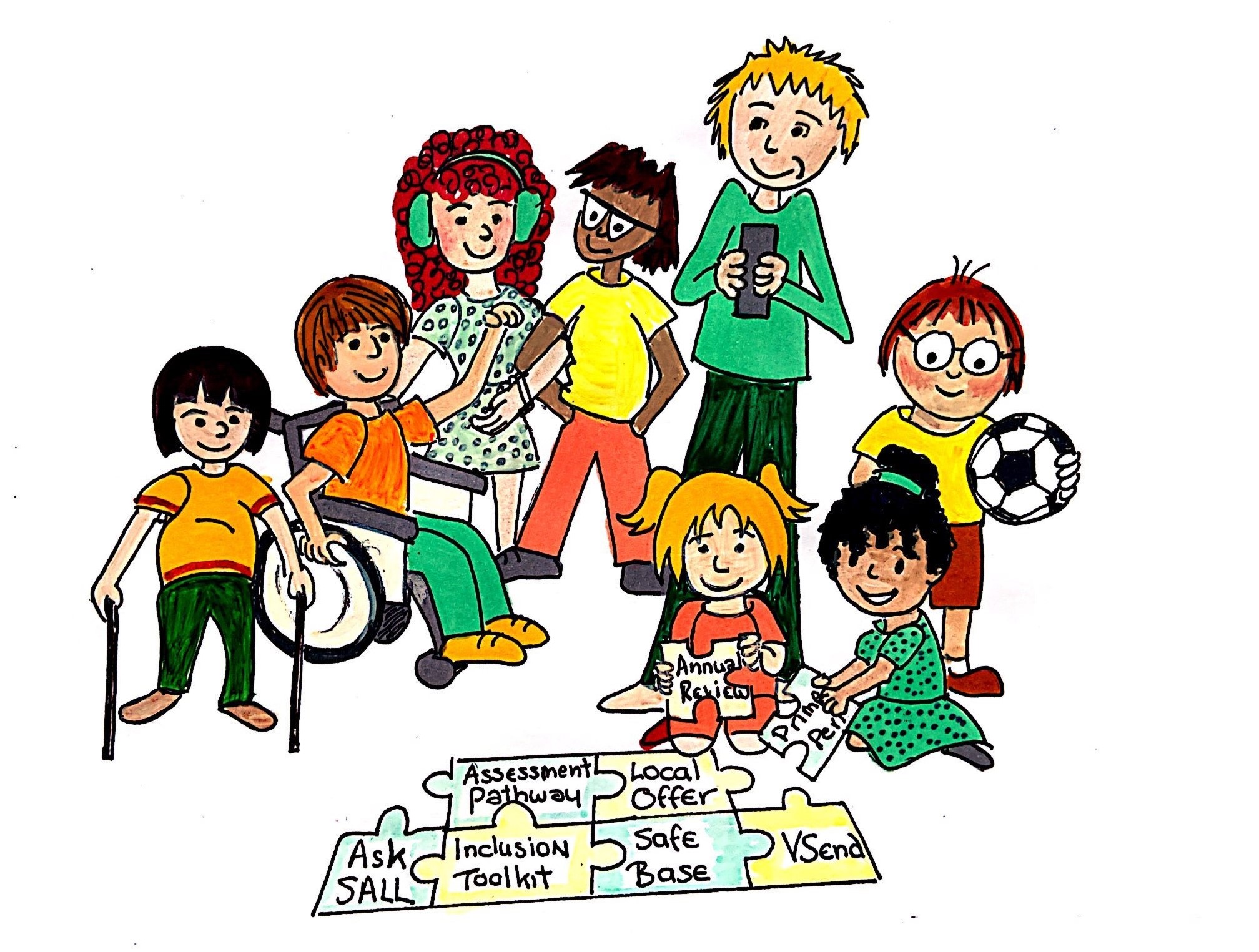Level 1-2 what you may notice
0-5
The child displays mild difficulties across all areas of development
- the child may show little curiosity about people, objects or the world around them, presenting as very passive and not engaging in spontaneous sensory or exploratory play. They may show minor developmental delay: 6 months delay at 3 – 4 years (using EYFS Development Matters) and have difficulties with sequencing, matching and naming
- the child may have poor ability to focus, with a short attention span and show little motivation or sense of achievement. They do not extend play sequences or use imaginative language and seem unable to express or explore their own ideas and thinking
- the child does not make links e.g. between experiences at home and nursery and may display limited exploration through play preferences
- schemas will be limited and play very repetitive and the child may not engage in simple pretend play e.g. putting a doll to bed or driving a car
- the child requires a little more encouragement from adults to demonstrate interest in a range of play activities
- difficulties may have been identified at 2-year progress check
5-16
The pupil shows some low-level learning needs which affect their learning in some situations. Their needs are met within their mainstream classroom through High Quality Teaching approaches, accessing whole class learning with occasional support from staff in class.
- levels of attainment which are generally lower than those of their age equivalent peers and age-related expectations
- some difficulty in acquiring early development skills or language, literacy and numeracy skills
- learning progresses at a slower pace than their peers, even with appropriate differentiation
- poor self-esteem may lead to social and emotional issues
- poor concentration and behavioural difficulties can arise as a consequence of frustration
- some difficulties with adaptive behaviour and social skills. For example, can seem immature when compared to peers
- infrequent lapses in memory or longer processing times
SpLD
The pupil is able to access whole class learning with some support from the teacher and TA. The pupil demonstrates slow progress with reading, writing, maths and handwriting, despite high quality and appropriate teaching support. This may include those pupils who show a discrepancy between academic achievement and intellectual ability. The pupil’s needs are met within their mainstream class through high quality teaching .
- SpLD occurs across the range of intellectual abilities.
- co-occurring difficulties may be seen in aspects of language, motor co-ordination, concentration and personal organisation
- some difficulties with learning including some misconceptions or taking longer to understand new concepts
- not attaining in line with general ability and oral skills
- evidence of discrepancies between attainment in different core subjects or within one core subject of the curriculum
- difficulties acquiring good learning routines such as concentration, and may be resistant to learning. The pupil may struggle with handwriting


